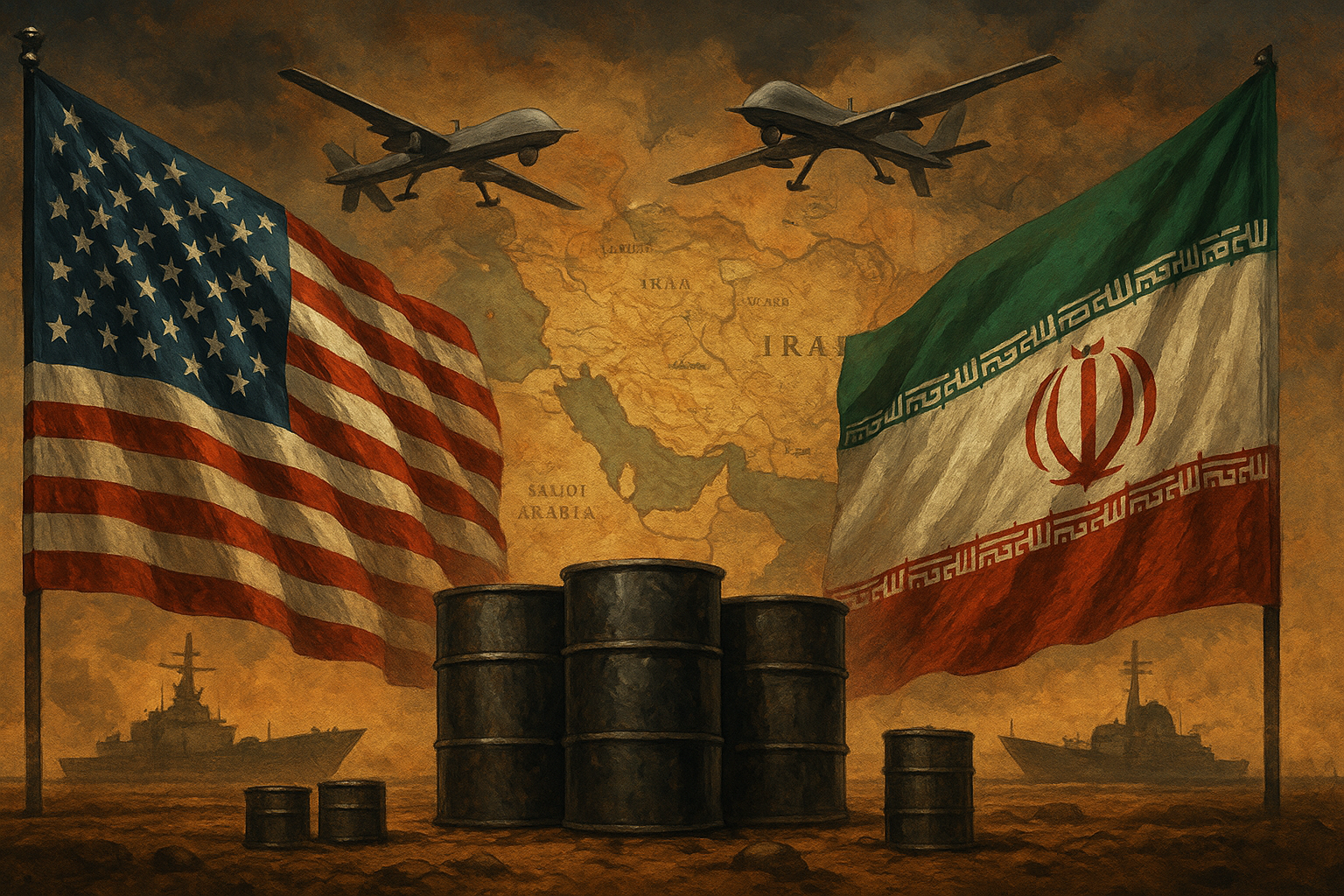
Unpacking the Rising Tensions in 2025
Tensions between the United States and Iran are once again making headlines in 2025, with military maneuvers, economic pressure, and diplomatic strains creating a volatile atmosphere. But what exactly is fueling the friction, and why now? Let’s break it down.
🌍 A Brief History: Why the US-Iran Relationship Has Always Been Fragile
To understand what’s happening now, we must rewind a bit. The US-Iran relationship has been rocky since the 1979 Islamic Revolution, which ousted the pro-US Shah and established the Islamic Republic. Since then, things have spiraled through events like:
- The Iran-Iraq war (with US involvement)
- Sanctions over Iran’s nuclear program
- The 2015 Iran nuclear deal (JCPOA), and the US withdrawal from it in 2018
- The 2020 assassination of Iranian General Qassem Soleimani
This long-standing mistrust has formed the backdrop of today’s intensifying dynamics.
🔥 What’s Happening in 2025?
Several key developments have escalated tensions this year:
1. Nuclear Concerns Reignited
Iran has reportedly resumed enriching uranium beyond the limits set by the JCPOA. Despite diplomatic efforts, negotiations have stalled. The US and its allies fear Tehran is closer than ever to developing nuclear weapons, a red line for many.
2. Military Maneuvers in the Strait of Hormuz
Recent confrontations in the Persian Gulf have increased fears of a direct clash. Iranian naval forces have intercepted foreign tankers, while US warships have conducted “freedom of navigation” missions—raising the stakes.
3. Proxy Conflicts in the Middle East
From Yemen to Syria, Iran continues to back proxy militias. Meanwhile, the US is reinforcing its military presence to support allies like Israel and Saudi Arabia. These indirect conflicts are creating a powder keg across the region.
4. Cyberwarfare & Covert Ops
Both nations are reportedly engaged in cyberattacks targeting infrastructure, financial systems, and critical defense networks. These invisible battles are just as impactful—and potentially even more dangerous.
💡 Why Should the World Care?
Even if you’re nowhere near the Middle East, the implications are global:
- Oil Prices: The Strait of Hormuz handles 20% of global oil trade. Any conflict could skyrocket fuel prices.
- Global Stability: Escalation could draw in NATO, Russia, or China—turning a regional spat into a global crisis.
- Humanitarian Impact: Sanctions and warfare lead to civilian suffering, refugee crises, and strained international resources.
🇺🇸 What’s the US Strategy?
The US seems to be walking a tightrope—combining “maximum pressure” tactics with limited diplomacy. Recent statements from the Pentagon emphasize deterrence rather than war, but troop deployments say otherwise. The Biden administration is also leveraging alliances to contain Iran’s influence rather than going solo.
🇮🇷 What Is Iran’s Endgame?
Iran is pushing back against isolation. With growing ties to Russia and China, it’s trying to shift the global power balance. Iran also aims to position itself as a regional superpower—economically, ideologically, and militarily.
🧭 What Could Happen Next?
While a full-scale war isn’t inevitable, the risks are real. Possible scenarios include:
- Renewed nuclear negotiations (if diplomatic channels re-open)
- More aggressive sanctions and international isolation
- A flashpoint incident escalating into a military exchange
- Proxy war escalation, especially in Lebanon or Iraq
🌐 Final Thoughts: A Crisis Still in the Making
The brewing storm between the US and Iran isn’t just about nukes or oil—it’s about power, influence, and ideology. While hope remains for diplomacy, global citizens, markets, and leaders should stay alert. Because in geopolitics, what brews can sometimes boil over.
#USIranTensions #MiddleEastCrisis #Geopolitics2025 #IranNuclearProgram #DefenseNews #GlobalSecurity #StraitOfHormuz #USForeignPolicy #WorldNews #MilitaryConflict #ProxyWars #OilCrisis2025 #InternationalRelations #CyberWarfare #JCPOA #carrerbook #anslation #bloghub
⚠️ Disclaimer:
This blog is intended for informational and educational purposes only. The views expressed are personal opinions or general insights, not professional or legal advice. Readers should do their own research or consult relevant professionals before taking action based on this content.


Leave a Reply